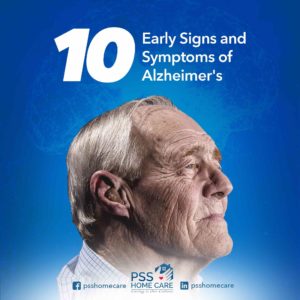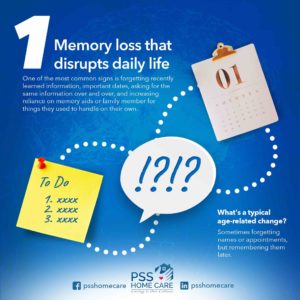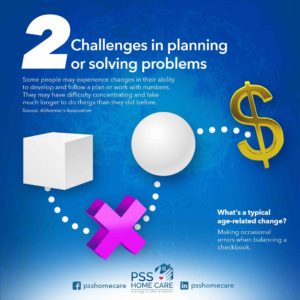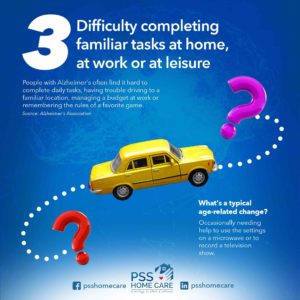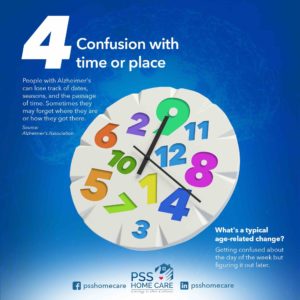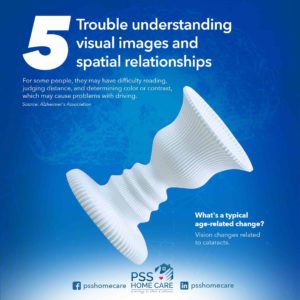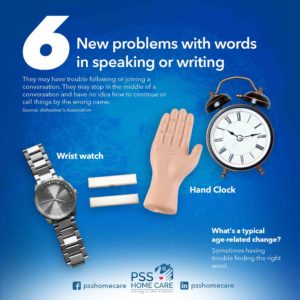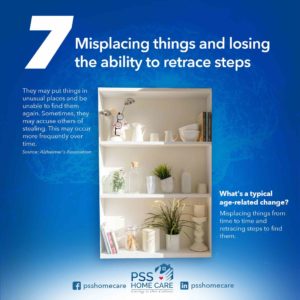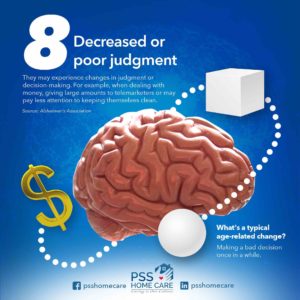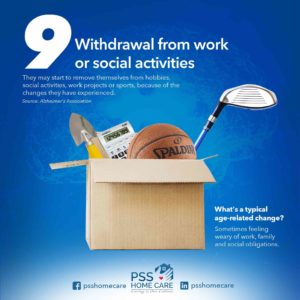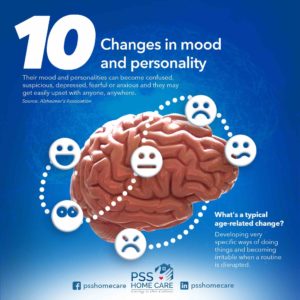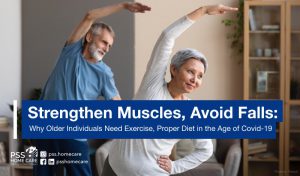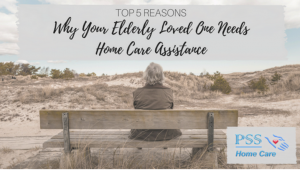Flu in the elderly 101: What it looks like, how...
Read MoreBridging the Gap: How Open and Early Communication Can Help Detect Early Signs of Alzheimer’s, Dementia
As our loved ones get older, we may start to notice several unmistakable behavioral changes that start to affect how they live their lives. On several occasions, we may catch them forgetting how to drive to work or drawing blanks when it comes to performing their favorite hobbies — ones that they have been doing for religiously for decades — such as knitting or playing a musical instrument. These are a few early signs of Alzheimer’s, a complex degenerative brain disease. And because of the stigma associated with this illness, for some people living with elderly loved ones, spotting these important changes is relatively easier than initiating conversations about it.
According to research conducted by the Alzheimer’s Association, the reluctance to talk about observed changes in elderly family members is felt by the vast majority of Americans. Almost 3 out of 4 people in the U.S. find it difficult to talk about signs or symptoms of memory loss, thinking problems, or other cognitive impairment. It might be difficult, but it shouldn’t be a hindrance to getting your loved ones the help they may need. The first step may be the most challenging, but it can lead to highly beneficial ends — such as diagnosing Alzheimer’s earlier.
Looking out for a loved one: What are the early signs of Alzheimer’s?
It’s important to know the difference between what are normal aging-related changes than that which are a manifestation of other cognitive concerns.
The Alzheimer’s Association shares ten warning signs and symptoms of Alzheimer’s disease as well as other dementias that people with elderly loved ones can be on the lookout for. Some of these include daily life-affecting memory lapses, such as repeatedly asking about the same thing; or difficulty following plans or solving problems, like not being able to follow a simple recipe of a dish that they’ve already made in the past.
It’s important to note that symptoms of Alzheimer’s can be different for every individual. Others experience non-memory related changes, such as visual and spatial difficulties like depth perception and having trouble figuring out differences in color and contrast. Meanwhile, some are observed to have communication issues, such as stopping abruptly in the middle of talking and seeming not to know how to continue.
Researchers are currently working on different ways to diagnose Alzheimer’s at an earlier stage, such as looking at biomarkers — which are biological signs of illnesses found inside a patient’s body — to see if there are brain changes that put people at a greater risk for Alzheimer’s.
Talking about early detection: The benefits of detecting Alzheimer’s
 Communicate openly. If you notice cognitive concerns with your elderly loved ones, initiate that important dialogue.
Communicate openly. If you notice cognitive concerns with your elderly loved ones, initiate that important dialogue.
Determining whether the changes your loved ones are exhibiting are symptomatic of Alzheimer’s or otherwise can have many benefits.
Detecting Alzheimer’s early can push patients to lead more healthy lifestyles. They could become more determined to kick bad habits, such as smoking, excessive drinking alcohol, and living a sedentary lifestyle. Studies have shown that lifestyle changes, such as dietary restrictions and an increase in physical activities, have a positive effect on modifying many Alzheimer’s risk factors.
Confirming an Alzheimer’s diagnosis at an early stage can give an emotional reprieve to patients and even their loved ones who are feeling concerned and restless about the cognitive changes they’re going through. The earlier the illness is diagnosed, the more time it gives patients and their loved ones to look for the best possible medical assistance and have enough time to weigh their options. According to researchers, future treatments to curtail or terminate Alzheimer’s development will be most effective in retaining brain function when administered at an early stage.
Early detection can also allow patients and their family members to better understand the disease at every stage and give them ample time to plan about important decisions, such as legal, financial, and care preferences and needs.
Starting the conversation may prove to be challenging, but it’s a large step towards getting the help your elderly loved one may need. The Alzheimer’s Association provides resources to help family members get started on talking about cognitive changes, such as a helpful checklist, an interactive page that features conversation starters and tips, as well as inspiring stories of real people that went through the same experience. Meanwhile, the National Institute on Aging offers resources to help explain Alzheimer’s to children and teens.
Related Article:
Check out our other articles
Staying Healthy and Entertained at Home
Staying Healthy and Entertained at Home Tips on how to...
Read MoreStrengthen Muscles, Avoid Falls
Strengthen Muscles, Avoid Falls: Why Older Individuals Need Exercise, Proper...
Read More5 Reasons Your Elderly Needs Home Care Service
From safety, comfort, to a sense of independence, learn the...
Read More
